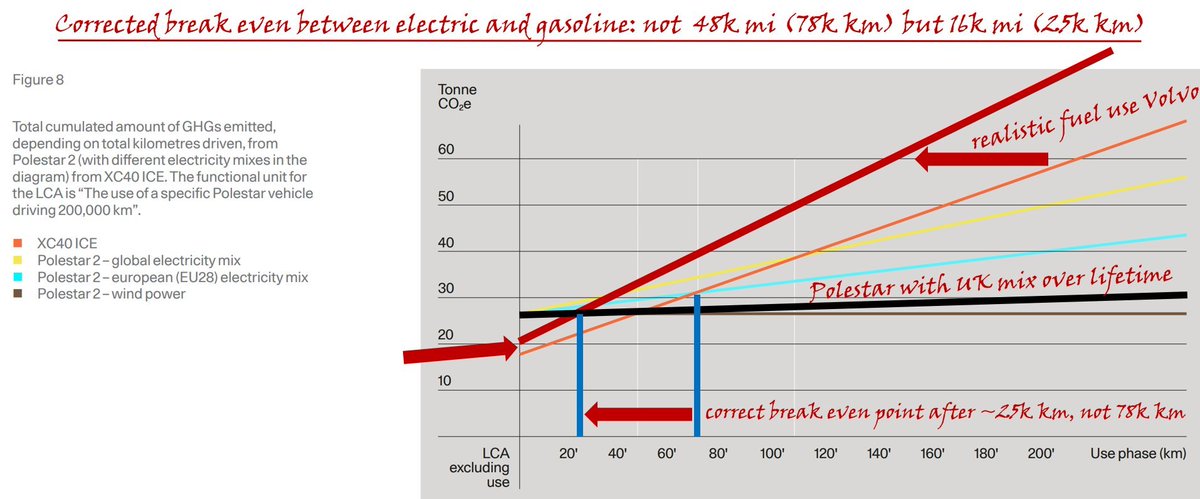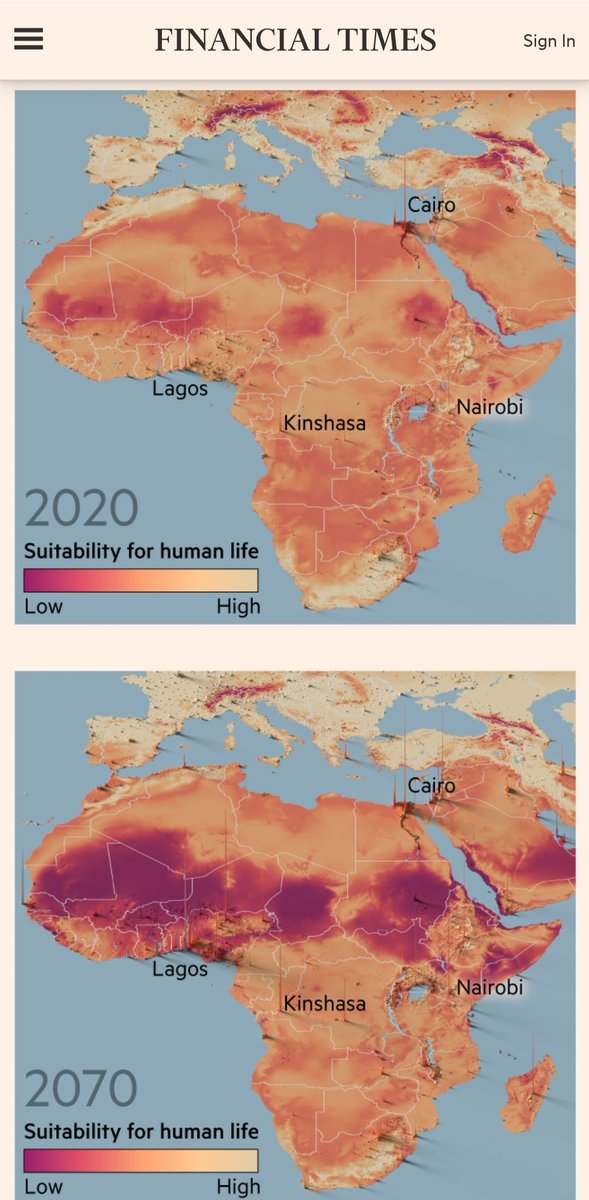
Coal has a target on it's back and is becoming uneconomical. Oil will decline as electric transportation rises.
Gas - which used to be touted as a transition fuel - will soon become our main problem.
Gas - which used to be touted as a transition fuel - will soon become our main problem.
https://twitter.com/Peters_Glen/status/1456895880028516352
One extra reason to phase out gas quickly is that production is so "leaky" that emissions are much higher than previously thought.
Abandoned fracking wells and countries like Russia are especially big culprits.
See the academic work of @howarth_cornell who put this on the map.
Abandoned fracking wells and countries like Russia are especially big culprits.
See the academic work of @howarth_cornell who put this on the map.
Stopping leaks and reducing venting during maintenance helps but as long as the worst polluters go scot-free it's like pushing water uphill.
Remember that e.g. Russia didn't sign the methane reduction pledge on #COP26.
Remember that e.g. Russia didn't sign the methane reduction pledge on #COP26.
That's also the problem with CCS and/or blue hydrogen: you can fix the problem locally but as long as you import gas from leaky producers, the fact that you need more gas (because CCS and producing blue hydrogen takes energy) negates the advantages in the current world.
Bottom line: unless we can force Russia and frackers in the US (and other culprits) to clean up their act or stop importing from them and make CCS much better everywhere, the advantages of gas over coal are very limited.
Theoretically we could decide to only use gas from non leaky sources and combine it with improved CCS and improved blue hydrogen production.
That's e.g. what @MLiebreich proposes and that would be a genuine transition fuel.
Personally I see that as unrealistic.
That's e.g. what @MLiebreich proposes and that would be a genuine transition fuel.
Personally I see that as unrealistic.
The biggest advantage of gas over coal is that the power plant is much cheaper to build. Therefore it's also cheaper to phase out.
I'm all for prioritizing coal over gas, but mainly because gas will be cheaper to close down. Don't kid yourself into seeing it as a solution. Imho.
I'm all for prioritizing coal over gas, but mainly because gas will be cheaper to close down. Don't kid yourself into seeing it as a solution. Imho.
Prioritizing coal as a target for phasing out obviously.
• • •
Missing some Tweet in this thread? You can try to
force a refresh









